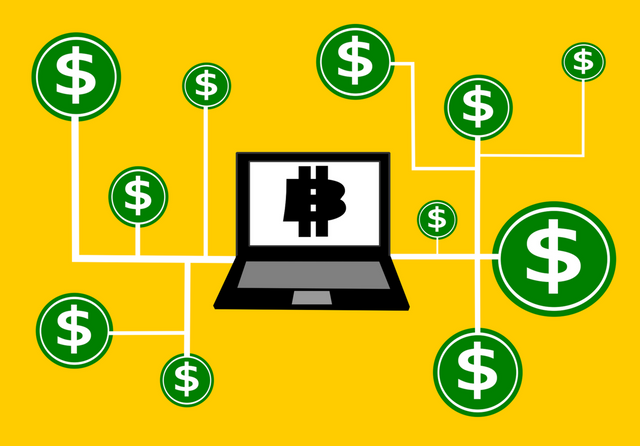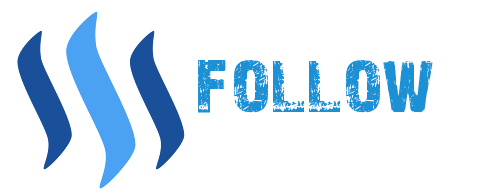What is Blockchain?
If you're a modern criminal, chances are, you use it to buy guns drugs and even launder money sounds dodgy but high-profile institutions such as USA and UNICEF has a different view.They think it could be a force for good helping the poorest people in the world.
It's a technology called "Blockchain" a global online database so anyone anywhere with an internet connection can use, unlike traditional databases which are owned by central figures like banks and government. Blockchain doesn't belong to anyone and with an entire network looking after it cheating the system by faking documents transactions and other information becomes near impossible.
Here's how it works, blockchain store information permanently across the network of personal computers. It's not only decentralized the information but distributes it too. So how can multi-purpose online database whose users include criminals work for everyday use? How does it stay relatively hack-proof?
The answer is “Blockchain”, millions of users they make it difficult for any one person to take down the network or corrupt it the many people who run the system use their own personal computers to hold bundles of records submitted by others, The records are known as blocks. Each block has a timestamp and a link to a previous block forming a chronological chain. It's like a giant Google Doc with one key difference you can view it and add to it but you can't change the information that's already there.
The blockchain enforces this by using a form of math called cryptography which means records can't be counterfeited or altered by a someone else Blockchains.
The most famous application is Bitcoin. It's a digital currency that is created and held electronically and you can send it to anyone whether you know them or not. Bitcoin provides a level of Anonymity he's not seen in modern times that's because unlike credit cards and PayPal payments there are no middlemen such as banks and financial institutions asking for our personal information and home address, Instead people from all over the world move the digital money by validating other people's Bitcoin transactions earning a small fee in the process, where the blockchain comes in, is verifying the ownership of this digital cash and making sure only one person is claiming it. As their own at a time banks and businesses and rushing to adopt blockchain database technology in a survey of 308 senior executives at US companies with 500 million dollars or more in annual revenue Deloitte found that 28% of respondents had invested five million dollars or more in blockchain technology. 10% had invested 10 million dollars or more but why are they spending so much money? Well to save money of course.
When this study looked into the data of eight of the world's largest investment banks it found that blockchain could save them between 8 and 12 billion dollars every year but that 5 million dollar investment doesn't sound so bad now, but it's not all good news for the big players of course. Blockchain lowers the barrier to entry into the banking industry and that means FinTech startups are popping up in pretty much every market they operate it. If banks and companies can't keep up they're putting their own survival at risk. For the consumer, the future seems brighter with more security less cost and better experiences. Yet blockchain could be the biggest game-changer for the poorest in society. The technology is open to people living in low-income countries or fragile states at risk of economic collapse.
Take a farmer with a small plot of land which is then flooded, the paper copy of the deeds to his land is washed away resulting in the farmer having no proof of owning the land or perhaps he does have a digital copy on a government database but it is erased altered or even destroyed in a political coup. If the farmer had filed that deed on a blockchain he could have avoided all these problems along with speeding up the flow of cash and providing a secure place to keep records. The benefits for the poorest in society are enormous. From protecting our identities to running autonomous vehicles to managing a world that is increasingly dependent on the Internet of things. The possibilities of blockchain technology seem endless but whether it lives up to its promise remains to be seen.



Hi @sajjadk and Everyone,
Our team, @EOS9CAT came with a very short explanation and hope it would be helpful for everyone here.
The blockchain is a continuously growing list of records, called blocks, which are linked and secured using cryptography. It features decentralization, immutability, security, and openness, comparing to traditional distributed systems. the most symbolic adaptation of blockchain technology is cryptocurrency (bitcoin, ripple and various coins) and decentralized applications (Ethereum, EOS and etc).
If you need any other questions, please feel free to send us an email at [email protected] or visit our website